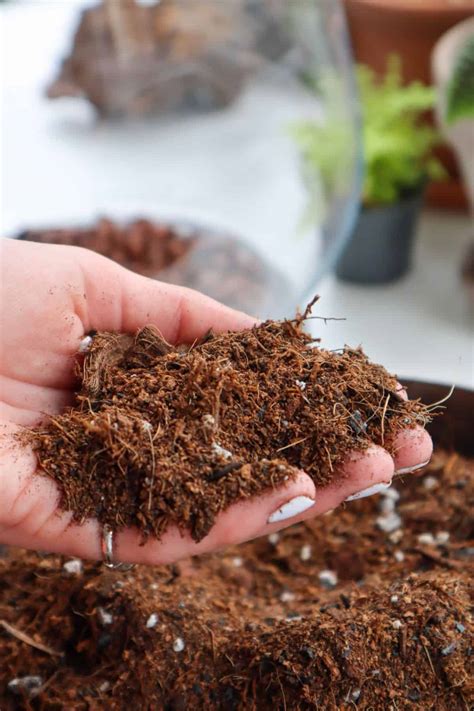Introduction
Macaws, with their vibrant plumage and playful personalities, have captured the hearts of bird enthusiasts worldwide. To ensure their well-being and thrive in captivity, understanding their unique care and behavior is essential. This comprehensive guide delves into the intricate aspects of macaw care, providing practical tips and insights to help you create a fulfilling living environment for these magnificent birds.

Comprehensive Care for Your Macaw
1. Nutrition: Fuel for the Feathered
Macaws have specific dietary needs that must be met to maintain their health and vitality. A balanced diet should include:
- Pellets: High-quality pellets formulated for macaws provide a foundational source of essential nutrients.
- Fresh Fruits and Vegetables: Offer a variety of fruits and vegetables, such as apples, bananas, carrots, and broccoli, to supplement the pellet diet.
- Nuts and Seeds: Nuts and seeds can be offered as treats in moderation, providing additional calories and nutrients.
- Water: Provide fresh, clean water at all times.
2. Housing: A Spacious Sanctuary
Macaws require ample space to fly, climb, and socialize. Their enclosure should:
- Cage Size: A minimum cage size of 6′ x 3′ x 4′ is recommended for a single macaw.
- Perches: Provide multiple perches of varying diameters to accommodate their different foot sizes.
- Toys: Engage their intelligence and boredom with a variety of toys, such as puzzles, mirrors, and bells.
- Bathing Area: Provide a shallow water dish or a bird bath for regular bathing.
3. Health and Well-being: Guardians of Their Health
Maintaining the health of your macaw is crucial. Regular checkups with an avian veterinarian are essential for:
- Feather Plucking: Address potential causes of feather plucking, such as stress, nutritional deficiencies, or underlying medical conditions.
- Respiratory Issues: Macaws can be susceptible to respiratory issues, such as aspergillosis. Monitor for signs of sneezing, coughing, or difficulty breathing.
- Avian Pox: Avian pox is a contagious viral infection that can be prevented through vaccination.
- Emergency Care: Be prepared for emergencies by having a first-aid kit and knowing the nearest avian veterinarian.
Understanding Macaw Behavior
1. Socialization: The Bond of Connection
Macaws are highly social birds that thrive in companionship. They require:
- Companionship: Provide your macaw with a companion bird or regular human interaction to prevent loneliness.
- Training: Early socialization and training help build trust and establish boundaries.
- Mental Stimulation: Offer enrichment activities to keep their minds active and engaged, such as foraging toys and interactive games.
2. Communication: Decoding the Language of Sound
Macaws communicate through a range of vocalizations, including:
- Screaming: Can be a sign of excitement, boredom, or frustration.
- Chattering: Rapid, high-pitched vocalizations often indicate contentment.
- Clicks: Sharp, short sounds used for various purposes, including greeting or warning.
- Body Language: Observe their body language for clues about their mood, such as tail flicks or crest raises.
3. Behavior Issues: Resolving Common Challenges
Macaws can sometimes exhibit challenging behaviors, such as:
- Aggression: Address aggression by identifying the underlying cause and providing appropriate training and socialization.
- Feather Plucking: Offer a balanced diet, reduce stress, and provide enrichment activities to prevent feather plucking.
- Biting: Avoid physical punishment and instead redirect their biting behavior to appropriate toys.
Conclusion
Macaws are extraordinary creatures that bring joy and companionship to many. By providing comprehensive care and understanding their unique behavior, you can create a fulfilling and thriving environment for your feathered friend. Embark on this journey of discovery and unlock the extraordinary in your macaw’s life today.





















